Character-Inspired Organization
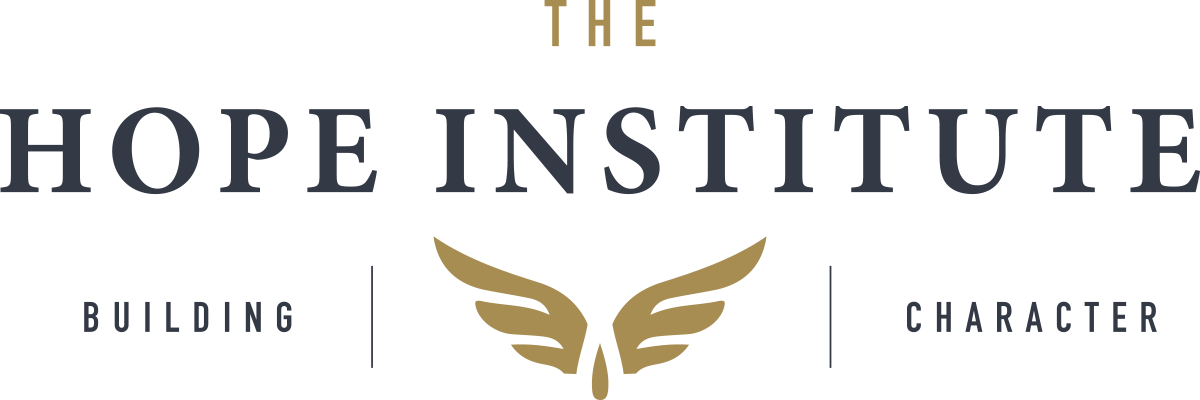
I had the honor to talk to Elizabeth “Liz” Huntley, a co-founder of The Hope Institute in Alabama.
Liz is a graduate of Auburn University and the University of Alabama Law School. She currently practices law at Lightfoot, Franklin & White, in Birmingham. Mrs. Huntley’s remarkable life story is detailed in her memoir More Than A Bird.
Dr. Arthur Schwartz, President, Character.org
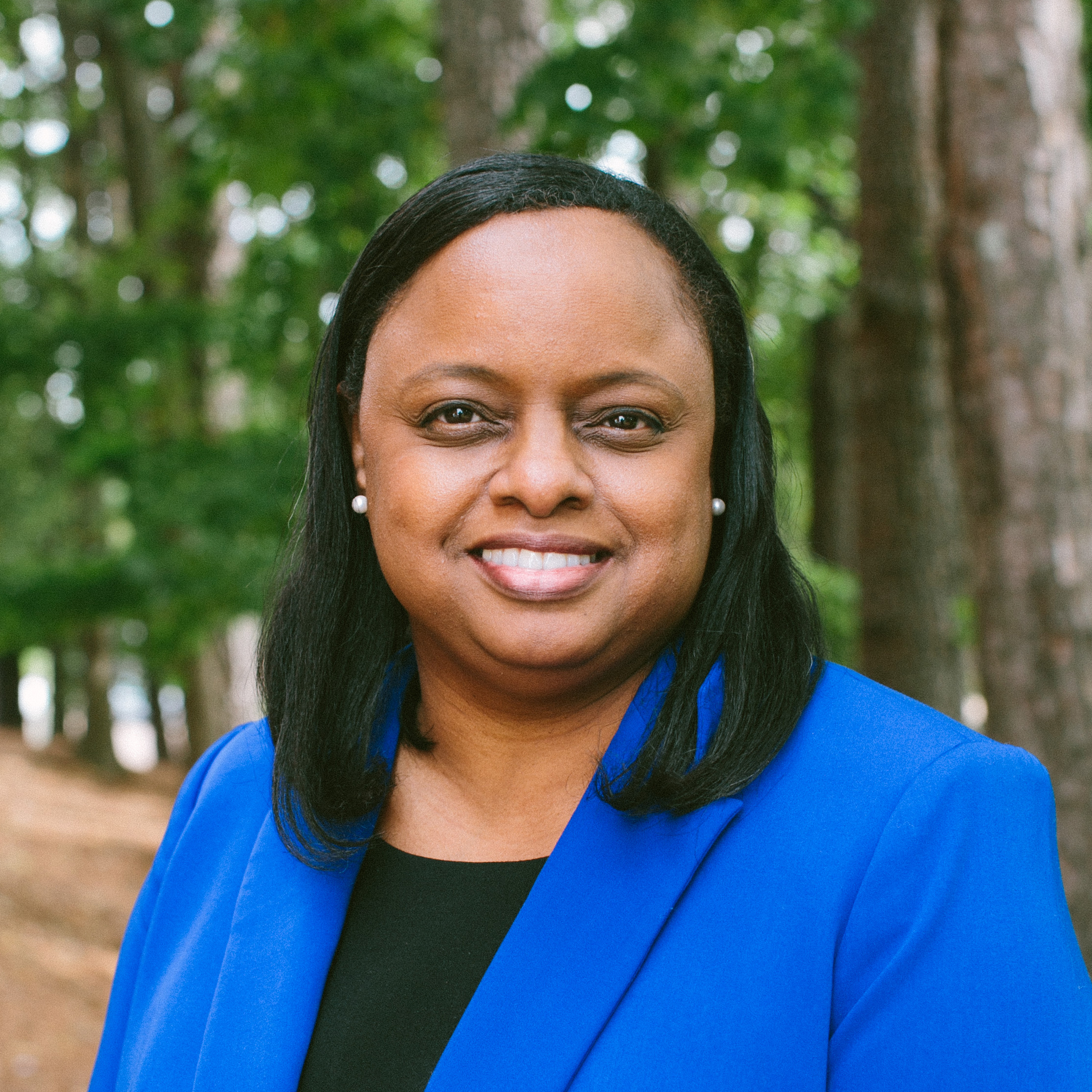
Q: Liz, what is the “origin story” of The Hope Institute?
Drayton Nabers and I were both on the board of the Cornerstone Schools in Birmingham. We quickly became friends and talked all the time about what I call “in-need” kids. Children who need love and support, as well as structure. He knew I cared about character education and how important it was to build a culture of character in schools. One day out of the blue, Drayton asks me if he and I could get together at his office to chat. It was 2016, Thanksgiving weekend. We started to bounce around ideas. Finally, Drayton asked me if I wanted to team up and do something together that focused on character. I kept asking him “are you serious?” I can’t tell you how many times I must have asked Drayton that question.
Q: Tell us a little bit about Drayton.
Well, to begin, he’s the former Chief Justice of the Alabama Supreme Court. He is also the former Director at the Mann Center for Ethics and Leadership at Samford University. He is the author of two books, The Case for Character and The Hidden Key to Happiness. In addition to his successful legal career, he is the former CEO of Protective Life Insurance Company. Drayton’s career experiences and his faith have both really shaped his deep understanding of the importance of character in order to lead a flourishing life. He is truly committed to finding ways to foster character development in all people, both young and old.
Q: So, did you say yes right away?
Well, first I prayed about it. And then I told Drayton that I was all in. We got to work. We developed a vision. We asked people to join our board.
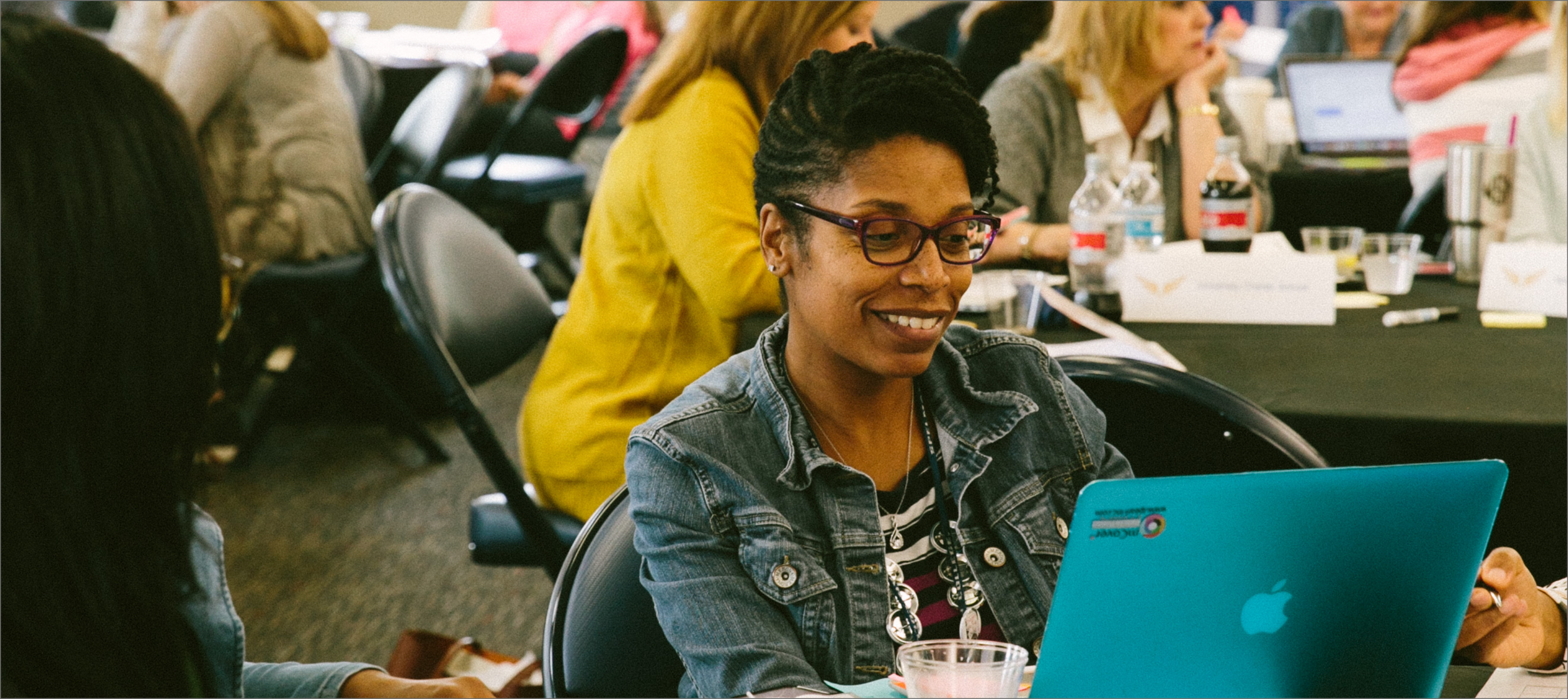
Q: What was the idea behind your organization’s name?
I had just written my memoir and I realized that my core message was about hope and character. We believe hope is everything. We believe hope undergirds character.
Q: What is the vision of the institute?
We want to do so many things. Athletics. Early childhood. But right now we are focusing on helping schools develop a culture of character. We want to help school leaders understand how to nurture and develop a culture of character.
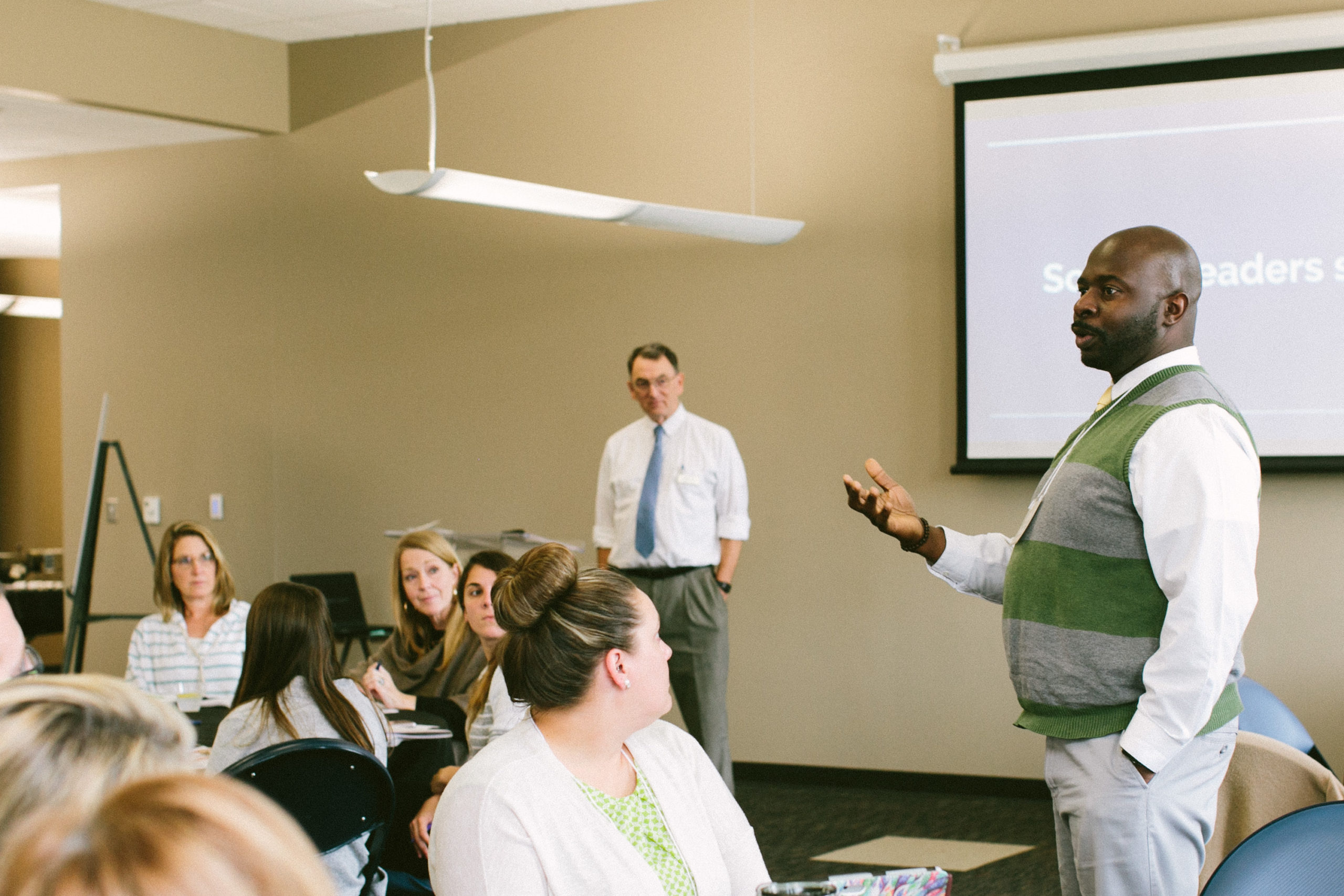
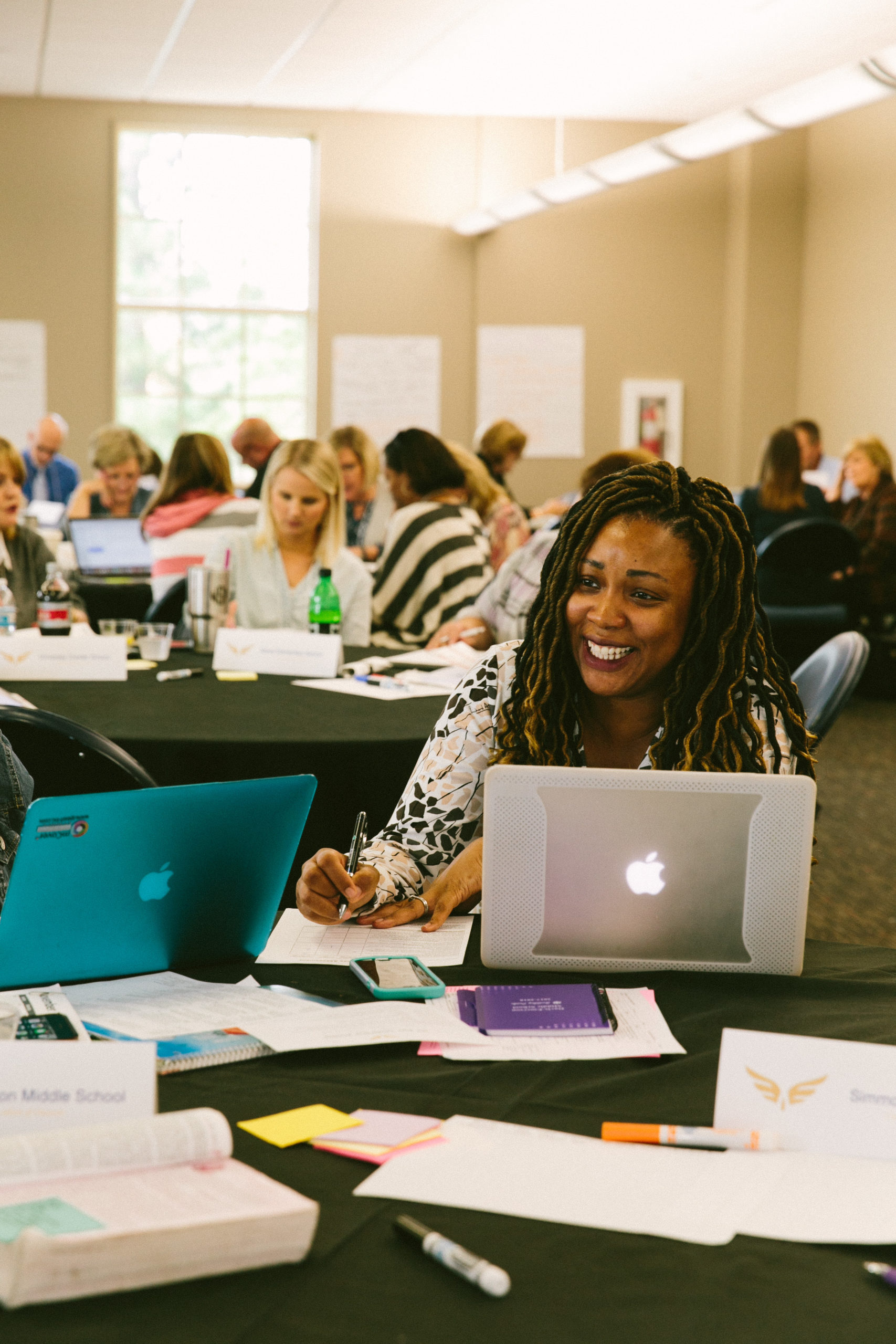
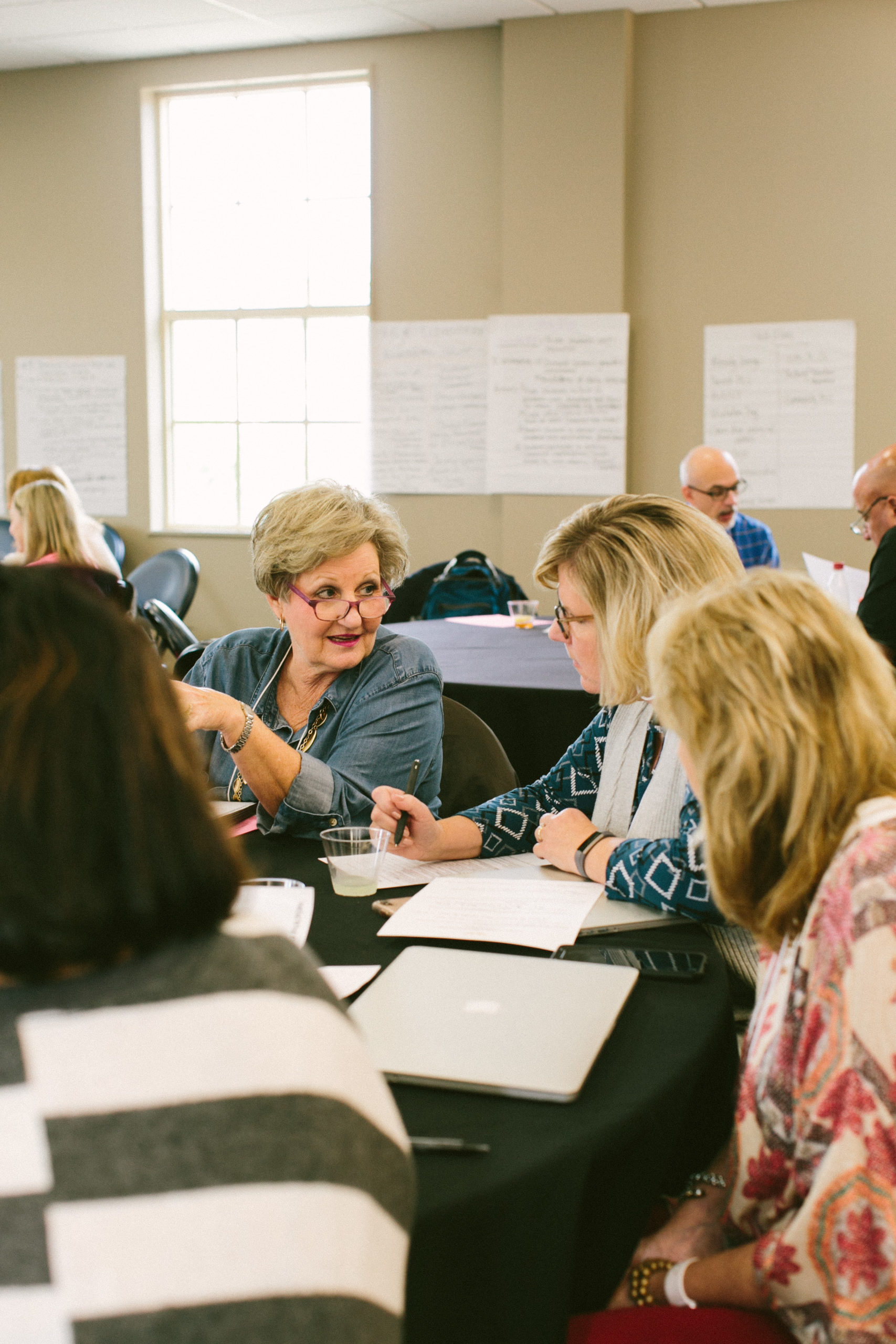
Q: How did you come up with the idea to start an Academy for school leaders?
First, we wanted to avoid anything that was “one-and-done.” We kept talking about creating something that was intensive, that really demanded everyone’s participation and commitment. We also realized that we needed to customize everything we do, because every school is unique and different. So we created an Academy that brings school teams together.
Q: I’ve got to ask. Both Drayton and you are lawyers. You must have had a steep learning curve?
We did. But because we were lawyers we knew that we needed to find the experts. Both Drayton and I have learned so much from Tom Lickona, Marvin Berkowitz, and Clifton Talbert. We started to attend the Character.org Forum and learn about the 11 Principles Framework. We’ve learned so much during these past four years.
Q: The Institute has had so much success in such a short period of time. Do you have one “shining star” moment?
I do. Several years ago, the principal of a middle school in Tuscaloosa reached out to me and asked if I would come to her school and speak to all the eighth graders. From the moment I entered the school I knew this was a struggling school environment. The lady at the front door barely acknowledged me. I get to the multi-purpose room and the 8th graders start coming in. I should add by this time I had been giving a lot of talks to middle school kids. I knew how to establish a rapport and especially how to engage students who act out.
Q: What happened next?
I begin my talk and this one student starts being disruptive. Before I could engage him a teacher starts yelling at him and before I could respond the teacher took the student out of the room. I never had the opportunity to engage the student. After my talk, I remember driving home and saying to myself that this school wasn’t a place I’d want my kids to go to.
Q: And this is your “shining star” moment?
Fast forward. The school got a new principal and the school signed up for our Year 2 Academy. Our Hope executive team begins to work with the principal and staff. The school community identifies their core values. Several years later the new principal invites me back to the school. I walk into the building and everything has changed. It’s a completely different atmosphere. Student ambassadors met me at the front door and welcomed me to their school. Within minutes, I could tell that the teachers at this school really cared about their students and each other. My “shining star” moment occurred while I was driving home. I said to myself ‘Liz, what we’re doing at the institute WORKS!”
Q: If the Hope Institute has a “secret sauce” – what is it?
I think it’s our coaching model. Our facilitators and field directors are all former principals and they really know how to mentor school leaders. Second, we go to the school. Our facilitators spend significant time in the school. That makes a big difference to the staff.
Q: What have you learned about character development?
First, a school needs to be intentional. The school staff needs to really focus on character. Second, I have found that reflection is a powerful tool. We need to find creative ways for students to reflect on their school’s core values. Every school needs to provide opportunities for students to reflect on these questions: Why should I care? How does this core value apply to me? Why is service and volunteering important? I have seen times where students are invited to ask these questions and something just clicks.
Q: On a personal level, what is your North Star? What orients your moral compass?
Well, I write about this in my memoir. My dad was a drug addict who was in prison most of the time and my mom committed suicide when I was 5. I lived with my grandmother. We were poor. But two things changed my life. First, every school I went to was a nurturing environment. Second, I went to a church when I was in third grade and the pastor asked us to read from the Bible. We read Mathew 6:26 and it was about God taking care of birds as well as His children. My initial response to the verse was that the birds had it better than me. Then the pastor said to we are better than a bird because God sends people to love you. Something clicked for me. At that moment all I could think about was my school and my school and the teachers who loved me. It was the affirmation I needed that God had a purpose for me. That’s why I had to title my memoir More Than A Bird.
Q: Liz, is there a word or an expression that you repeat all the time to your own children?
I always tell them that their talents and gifts are for others. My husband and I believe in serving others. We are always putting together service projects we can do as a family.
.
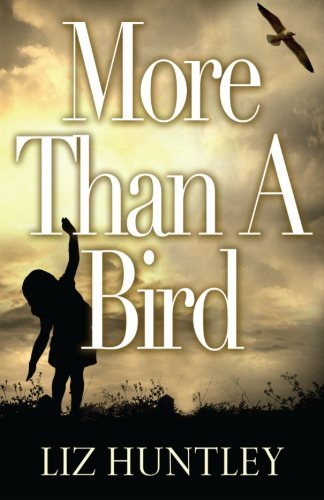
To learn more about The Hope Institute, visit: hopeinstitute.org





